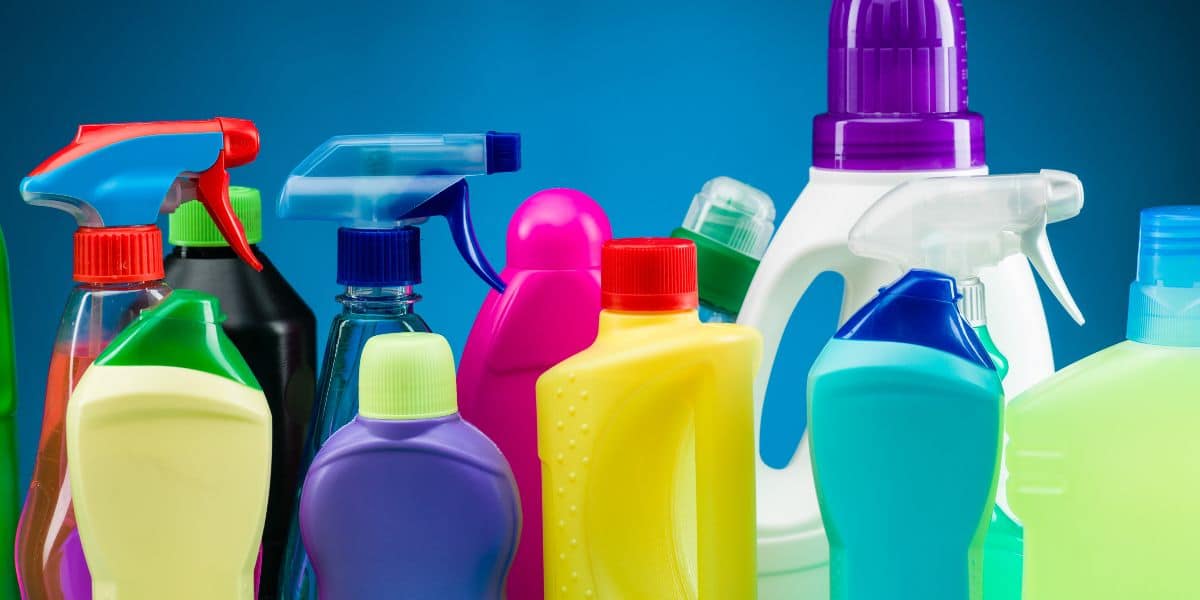It’s a combination of art and science to know what to pack and how. You’ll need some help with packing when you consider the policies of moving companies about what they’ll and won’t transport, as well as laws regarding what can or cannot be transported between states. These tips will help you decide what to not pack.
1. Poisonous or explosive items
It is possible that you do not consider bathroom cleaners and nail polish to be dangerous items. These are common household items. They are dangerous when they are under pressure, stored in high temperatures, or near car batteries or firearms.
Check if your household items are safe to pack before you throw them into new moving boxes. Here are some items to watch out for:
Flammable and Combustible Materials
- Ammonia
- Alcohol
- Remove batteries from toys, remote controls and other household items.
- Fireworks and flares
- Do not forget to empty your lawn equipment of gasoline, motor oil and kerosene
- Lighter fluids
- Matches
- Paint and varnish: If you are a new resident, leave matching touch-ups for them. Otherwise, dispose of it correctly. You can ask your local waste disposal service for EPA approved solutions.
- Empty propane tanks can be returned to the same merchant that sold you full tanks
- Cans of heat sources
Poisons and Compressed Gasses
- Aerosol sprays are commonly found in spray paints for home projects, spray cleansers, and hairspray
- Oxygen tanks
- Check the expiration date of your fire extinguishers and throw them away if they are expired.
- Pool chemicals
2. Perishables

Transporting perishables can be tricky. We’re all about saving money, and we believe in reusing and recycling what we can. A cooler with insulation and cold packing is ideal for quick moves within the city. It can safely transport frozen food, meats and eggs, dairy, fruits and vegetables.
It is best to arrange a time for your friends and family members to come and pick up what they need before you move long distance. If you are a good cook, you can host a casual dinner to say goodbye one last time to anyone.
Do not pack any fresh food in your moving truck. Even if you are only going to be using it for a few days, make sure that the containers are sealed. You would be surprised at how quickly pests such as mice and bugs can find your favorite cereals and quinoa.
3. Plants and Pets
For their safety, it should be obvious that pets of all kinds cannot ride in moving trucks. They should instead ride in the car with a crate, or use an animal seatbelt. For long-distance and overseas moves you can check out pet transport companies that are endorsed by the International Pet and Animal Transportation Association.
Plant parents may feel the same way about indoor plants as they do about pets. Indoor and outdoor plants can be easily transported across town if they are packed securely and removed from pots that could break. If you’re moving across the country, your options will depend on how much space is available in your vehicle. You may have to relocate your plants depending on their size.
4. Items that are Personal and Irreplaceable
Leave it off the moving van if you’re picturing your family heirloom dress being worn down the aisle for the last time. Accidents can still happen even with the best of care. This can lead to you losing your most valuable items, or those that are the hardest to replace. No one wants to visit the DMV to get a new ID. You should find a place to store these items.
- Move paperwork, particularly the bill of Lading
- Car titles
- Checks and cash
- Documents financials: Tax, insurance, housing
- Birth certificates, passports and marriage licenses
- Wills
- Medical Records
- School Records
- You can also find out more about the following:
- Laptops
- Cellphones
- Collectibles, antiques
- Home movies and family photos
- Copy of car keys, safe deposit box keys
- Medication
Consider hiring a local moving company to help you move a special item, such as a keyboard.
5. Broken or Unused Items
Moving is expensive and time-consuming, even though it can be life-changing. Get rid of everything that you don’t need to move. Let go of your couch if it’s the right time to do so.
Don’t pack clutter that you have been holding onto for years. Sell it if you purchased a set of serveware for entertaining but never used it. You can recoup a portion of your moving costs. You’ll feel better at the end of the relocation if you make it easier.
6. Beauty Products
You should avoid packing certain beauty products that contain high levels of alcohol, as they may be flammable. These products can catch fire or explode if exposed to heat for a long time. What beauty products should you not pack?
- Hairspray
- Nail polish
- Nail polish remover
- Aerosol deodorants
- Perfumes and cologne
- Makeup setting spray
7. Gardening Chemicals
Check the labels on gardening products and chemicals to determine if you should pack them. Before you move across the country, here are some items that you should dispose of or give to another gardener:
- Gardening chemicals
- Fertilizer
- Insecticides & pesticides
- Herbicides, such as weed killers

8. Cleaning Products for the Home
You can take a box with you if you’re driving to your new home. Don’t let them sit in the hot car. Bring them inside as quickly as you can.
When moving across the country, it is advised that you do not pack household cleaners. These products are flammable or combustible. Cleaning chemicals can leak onto other objects. Avoid putting household cleaners in a moving vehicle:
- Glass/window cleaner
- Bleach
- Cleansers for the kitchen and bathroom
- Adhesive Removers
- Carpet cleaners
9. Important Documents
Set aside a binder or folder in a vibrant color (with tab separators) to organize your moving checklist. This will also help you keep all of your documents together. Keep all documents, such as birth certificates, social security cards and other information about your new home, with you on moving day. You might need to use it during the moving process. Having documents you can grab and use will make the whole thing easier. Keep your moving documents on you at all times.
Here are some other items you may not want to pack when moving
As we mentioned before, moving is a great time to reevaluate all the stuff you have to see if it’s something you really need. Not only will embracing a little bit of minimalism help make your move less stressful, but it will also help the closets and storage areas in your new home fill up with stuff you never use.
So here is a short list of things that you may be able to part with instead of packing them up and hauling them to your new home.
- Cheap furniture: If you’ve recently considered any of your low-quality furniture, we recommend doing it before that stuff takes up valuable room on the truck. You can donate furniture of all types or offer it up to your family or friends who are now in need of a storied college desk.
- Alcoholic Beverages: The typical alcohol container is made of glass, making it more of a challenge pack and transport. We recommend minimizing your alcohol collection before moving, as these products are often replaceable and not worth the effort. At the very least, you can gift a few of your lesser favorites.
- Excess Linens: If your closet is overflowing with spare towels for guests or messes, remember that these cotton products are fluffy and bulky. Throwing out your outdated collection will make the move a little easier.
- Kids Toys: Many parents have been guilty of this one. You receive a wonderful toy for your child, and it now resides in the back of the closet. Your child loved this large toy, but they are now interested in some other entertainment, leaving you with a costly product that is only collecting dust. We recommend donating, giving away, or selling your unused or outgrown toys to maximize space when moving.
- Closet Junk: This is a great time to go through your closets and toss out or donate all those things that you haven’t used in years. Those old board games, clothes that don’t fit, and everything else that we keep stored in our homes for no good reason.
Final thoughts on what not to pack
Of course, every move and every family will be different. But hopefully this article about what not to pack when moving has helped you understand that giving consideration to what you’re putting in those boxes and planning ahead can go a long way to making your next move just a little bit easier.

